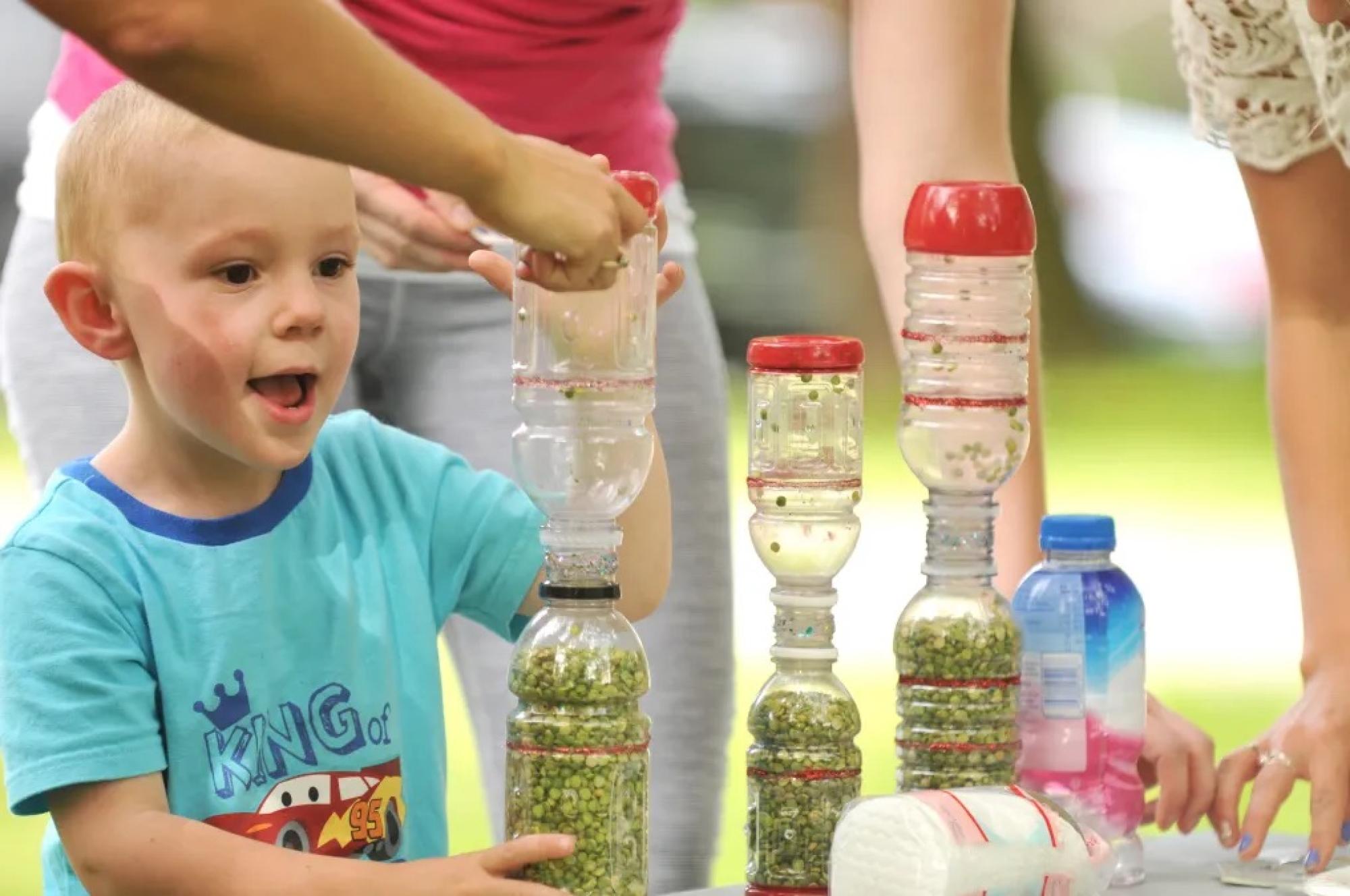Related Stories
From Finland, an Intriguing School-Reform Model
Key Excerpts from Article on Website of New York Times

Posted: December 11th, 2012
http://www.nytimes.com/2011/12/13/education/from-finland-an-...
Pasi Sahlberg, a Finnish educator and author, [said that in] his country, ... teachers typically spend about four hours a day in the classroom, and are paid to spend two hours a week on professional development. At the University of Helsinki, where he teaches, 2,400 people competed last year for 120 slots in the (fully subsidized) masters program for schoolteachers. Its more difficult getting into teacher education than law or medicine, he said. Dr. Sahlberg puts high-quality teachers at the heart of Finlands education success story. Ever since Finland, a nation of about 5.5 million that does not start formal education until age 7 and scorns homework and testing until well into the teenage years, scored at the top of a well-respected international test in 2001 in math, science and reading, it has been an object of fascination among American educators and policy makers. Finlandophilia only picked up when the nation placed close to the top again in 2009, while the United States ranked 15th in reading, 19th in math and 27th in science. In Helsinki, the Education Ministry has had 100 official delegations from 40 to 45 countries visit each year since 2005. Dr. Sahlberg said a turning point was a government decision in the 1970s to require all teachers to have masters degrees and to pay for their acquisition. Finland scorns almost all standardized testing before age 16 and discourages homework, and it is seen as a violation of childrens right to be children for them to start school any sooner than 7, Dr. Sahlberg said.
Note: The US continues to push for more testing, while Finland shows that less testing and homework gives better results. For an excellent article on this in the Washington Post, click here. For more astounding facts on Finland's education success, click here.
Related Stories
Top Inspiring News Articles
Top Inspiring News Articles from Years Past













































































